13 Eco-Friendly Garden Sprays You Can Make Yourself
Gardening with organic solutions is a great way to keep your plants healthy while avoiding harsh chemicals. Homemade sprays and solutions can be made using common ingredients, offering a safe and natural alternative to store-bought pesticides. From pest repellents to fungal treatments, these DIY remedies are effective and easy to create. Many of these solutions work by utilizing natural properties found in everyday herbs, oils, and other household items. Whether you’re dealing with insects, fungi, or nutrient deficiencies, these sprays can help maintain a thriving garden. They are not only eco-friendly but also cost-effective, making them a smart choice for any gardener.
This post may contain affiliate links, which helps keep this content free. Please read our disclosure for more info.
Neem Oil Spray
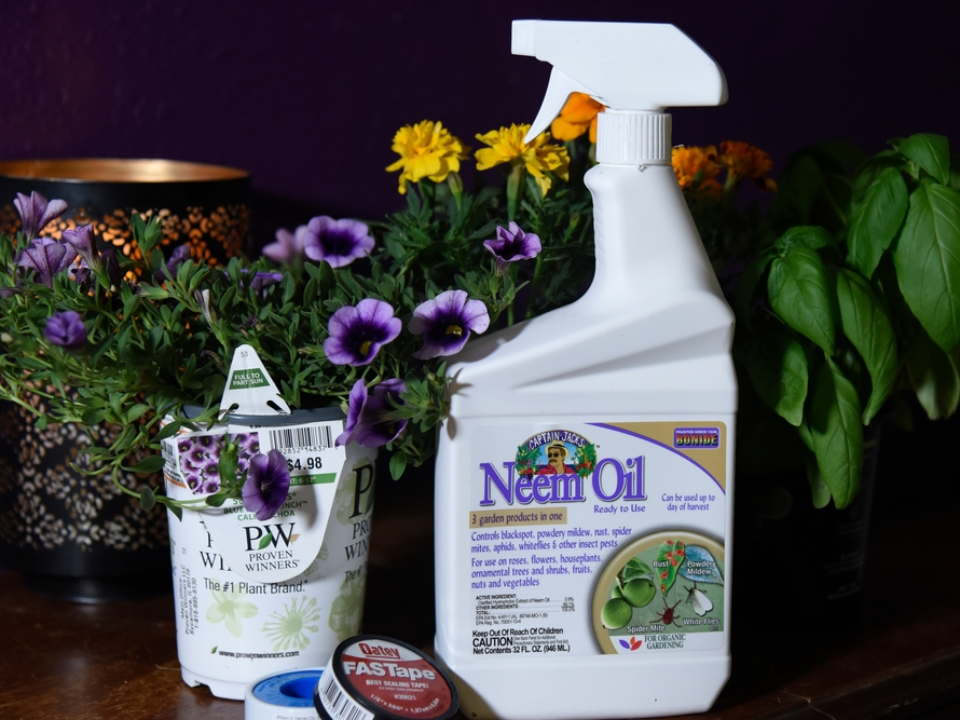
Neem oil is a powerful, natural insect repellent that can help protect your garden from a wide variety of pests. To make your own neem oil spray, mix 2 tablespoons of neem oil with 1 gallon of water and add a teaspoon of liquid soap. Shake well and spray it directly onto your plants, making sure to cover both the tops and bottoms of the leaves. Neem oil disrupts the life cycle of pests and is safe for beneficial insects when used properly.
This solution works well for aphids, whiteflies, and spider mites. It also has antifungal properties, making it an excellent option for combating mold, mildew, and rust. For best results, apply this spray early in the morning or late in the evening to avoid harming beneficial insects like bees.
Garlic and Chili Pepper Spray

A combination of garlic and chili peppers creates a strong spray that can repel a wide range of garden pests. To make this spray, blend 2 garlic cloves, 1 hot pepper, and 1 tablespoon of mild dish soap in a blender with 1 quart of water. Strain the mixture to remove solids, and transfer the liquid into a spray bottle. Use the spray on affected plants and ensure you cover all exposed surfaces.
This homemade spray acts as a natural deterrent to insects like aphids, caterpillars, and beetles. It works by irritating the pests’ senses, making them avoid the plants you’ve treated. Be cautious not to over-apply, as the mixture can be strong for delicate plants.
Soap and Water Solution
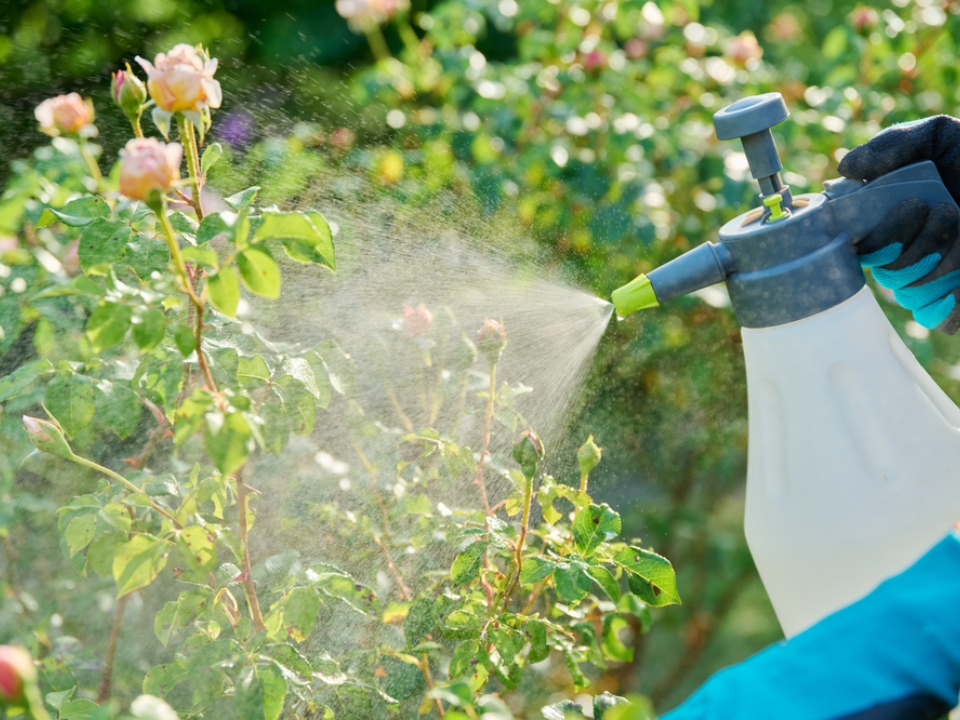
A simple soap and water solution can be an effective way to tackle pests in the garden. Mix 1 tablespoon of mild liquid soap with 1 quart of water, and stir gently to combine. Transfer the solution to a spray bottle and spray it directly onto the plants that need treatment. The soap helps break down the outer layers of insects, causing them to dehydrate and die.
This solution is particularly useful for soft-bodied pests like aphids, mealybugs, and spider mites. It is gentle enough to use on most plants, but always test on a small area first to ensure your plants do not react negatively. Reapply every few days if necessary, especially after rain.
Baking Soda and Water Fungicide
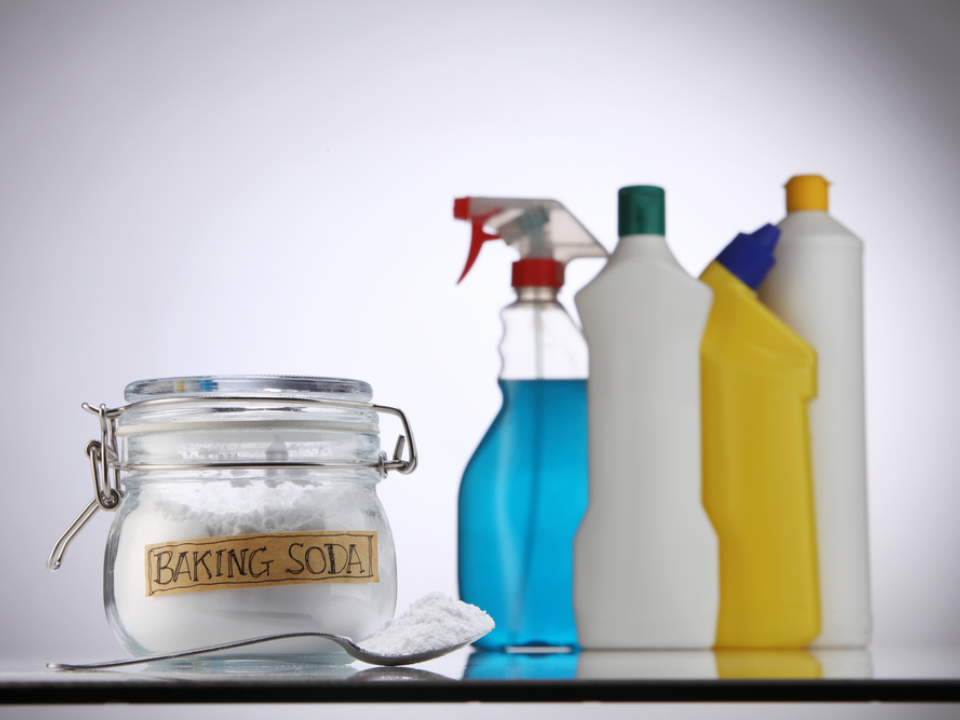
Baking soda is a natural remedy for fungal infections and can help keep your garden free from common plant diseases. To make this fungicide, mix 1 tablespoon of baking soda with 1 gallon of water and add a teaspoon of vegetable oil. Pour the mixture into a spray bottle and shake it well before applying it to your plants, focusing on areas where fungal growth is visible.
Baking soda helps prevent the growth of powdery mildew, blight, and other fungal diseases by altering the pH of the plant surface. It is safe to use on most plants, but avoid applying it during hot weather to prevent potential leaf burn. This solution can be used regularly to maintain a healthy garden.
Epsom Salt Solution

Epsom salt is an organic solution that can help improve the health of your plants while also repelling pests. Mix 1 tablespoon of Epsom salt with 1 gallon of water and stir until dissolved. This solution can be sprayed directly onto plants or used as a soil drench for a more direct effect. Epsom salt provides magnesium, which promotes healthy plant growth and enhances nutrient absorption.
In addition to its benefits for plant health, this solution can also deter pests like slugs and aphids. It is safe for most garden plants, including flowers, vegetables, and herbs. Apply this spray once a month to help your plants thrive.
Citrus and Vinegar Spray
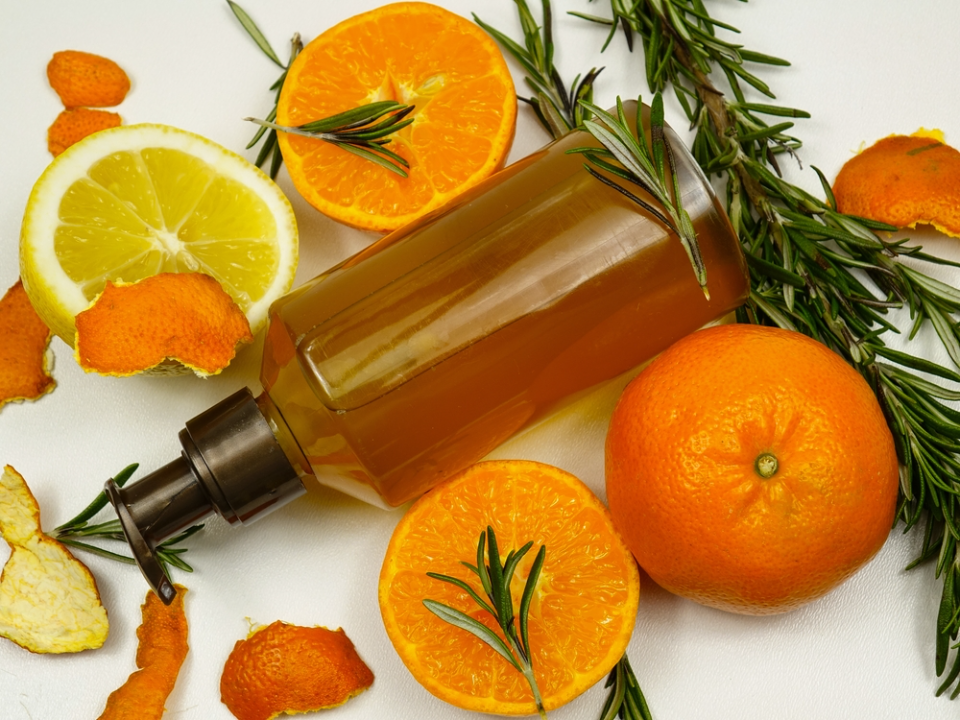
Citrus fruits and vinegar are both effective in repelling pests and preventing weed growth in the garden. To make this spray, combine the juice of 2 lemons with 1 tablespoon of white vinegar and 1 quart of water. Mix the solution thoroughly and spray it directly onto unwanted plants, weeds, or pests. The acidity in the vinegar and the citrus scent can discourage pests from taking up residence in your garden.
This spray works well for deterring ants, flies, and other small insects. It can also be used to prevent weeds from sprouting, but be cautious when using it near plants you want to keep, as the acid can harm them. Apply it on a dry, sunny day for maximum effectiveness.
Peppermint Oil and Water Solution
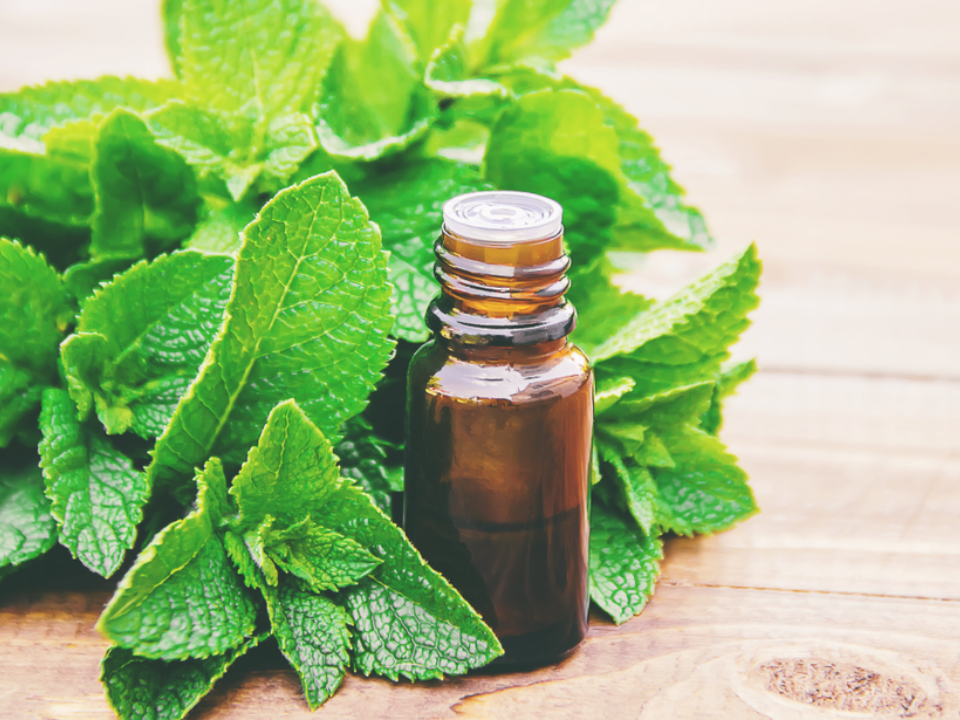
Peppermint oil has a strong, minty scent that is disliked by many garden pests. To make this spray, mix 10 drops of peppermint essential oil with 1 quart of water and a teaspoon of mild liquid soap. Shake well to combine and spray the solution on plants where pests are a problem. The scent of peppermint oil helps keep insects like ants, mosquitoes, and spiders away from your garden.
This spray is also effective in repelling rodents and can be used to create a protective barrier around plants. Since it is a natural insect repellent, it is safe to use around pets and children. For the best results, reapply the spray every few days.
Compost Tea Spray
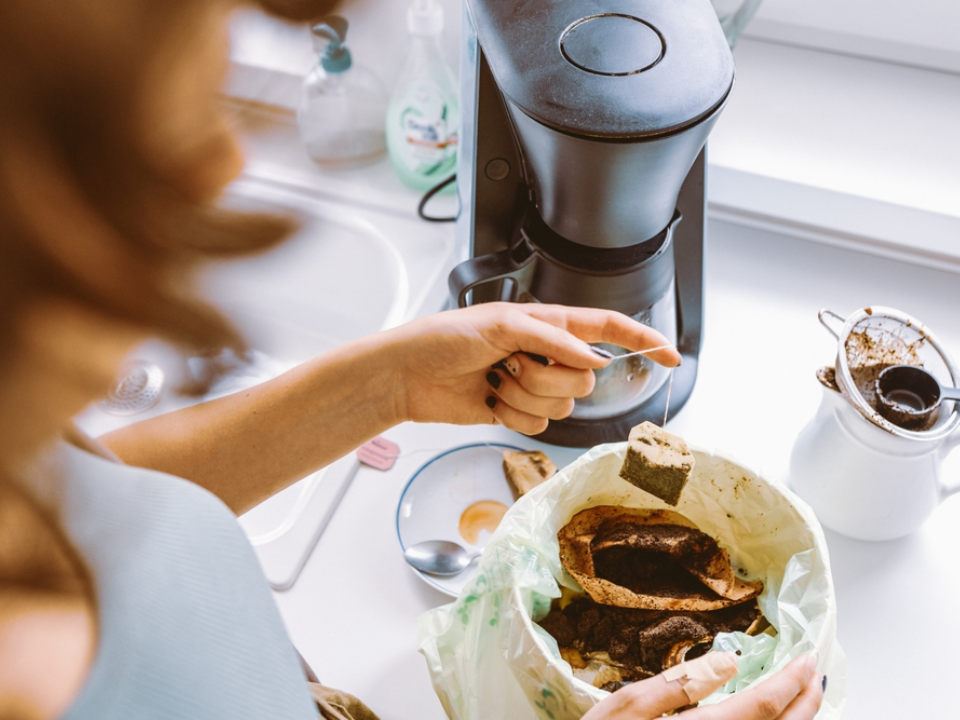
Compost tea is a natural fertilizer that can also serve as a pest-repellent solution. To make compost tea, fill a 5-gallon bucket with water and add 1 to 2 cups of compost. Let the mixture sit for 24 to 48 hours, stirring occasionally. Strain the liquid and transfer it to a spray bottle for application to plants.
This tea boosts plant health by introducing beneficial microbes and nutrients into the soil while deterring pests like aphids and fungi. It can also be used as a foliar spray to promote plant growth. Apply compost tea every few weeks for continued benefits.
Lavender Oil Spray
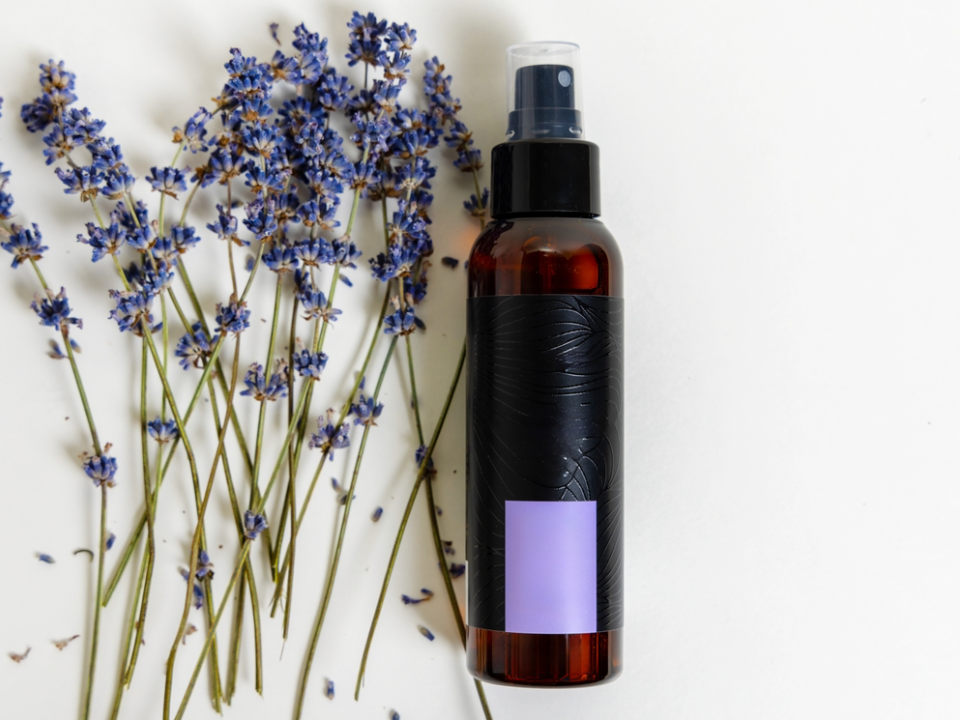
Lavender oil is known for its calming fragrance, but it also acts as a natural insect repellent. To make lavender oil spray, mix 15 drops of lavender essential oil with 1 quart of water and a teaspoon of dish soap. Shake well to combine and spray the solution onto plants, focusing on areas where pests are a problem. The soothing scent of lavender keeps mosquitoes, moths, and fleas away.
This spray is safe for most plants and can be used around pets and children. It also has antifungal properties, making it a great option for controlling plant diseases. Apply it in the early morning or late evening for the best results.
Rosemary Oil Solution
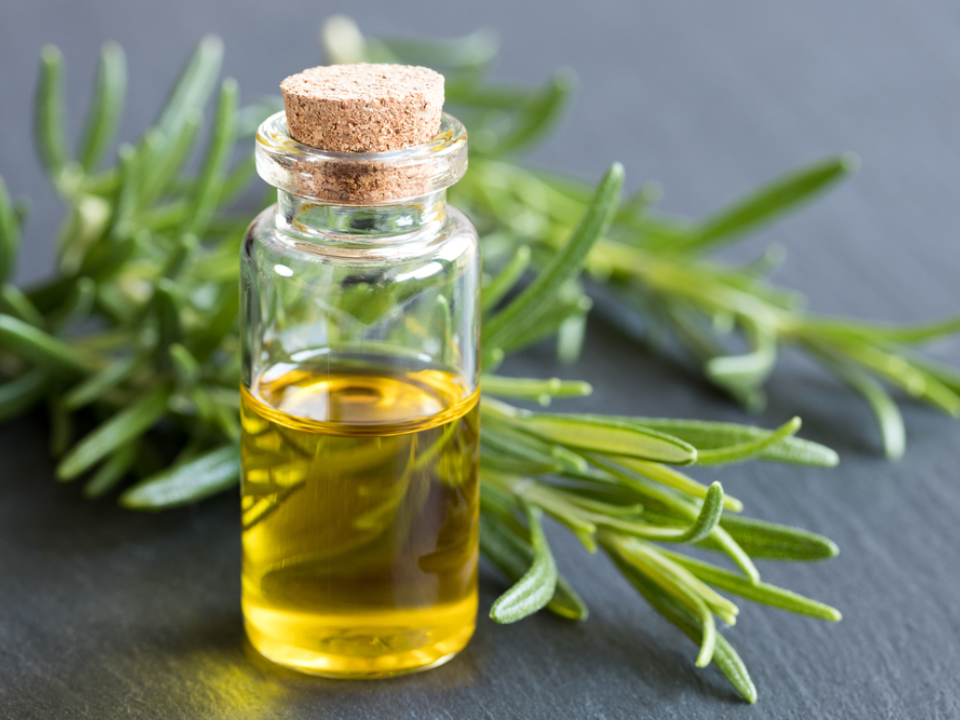
Rosemary oil has strong repellent properties that help protect plants from pests and diseases. To make this spray, mix 10 drops of rosemary essential oil with 1 quart of water and a teaspoon of liquid soap. Shake the mixture well and spray it directly onto your plants to help keep insects like aphids, whiteflies, and caterpillars at bay.
Rosemary oil is a great option for organic gardeners who want to avoid harsh chemicals. It is safe for most plants, but as with any homemade solution, it is wise to test it on a small area first. Reapply the spray every week for continued protection.
Marigold and Mint Spray
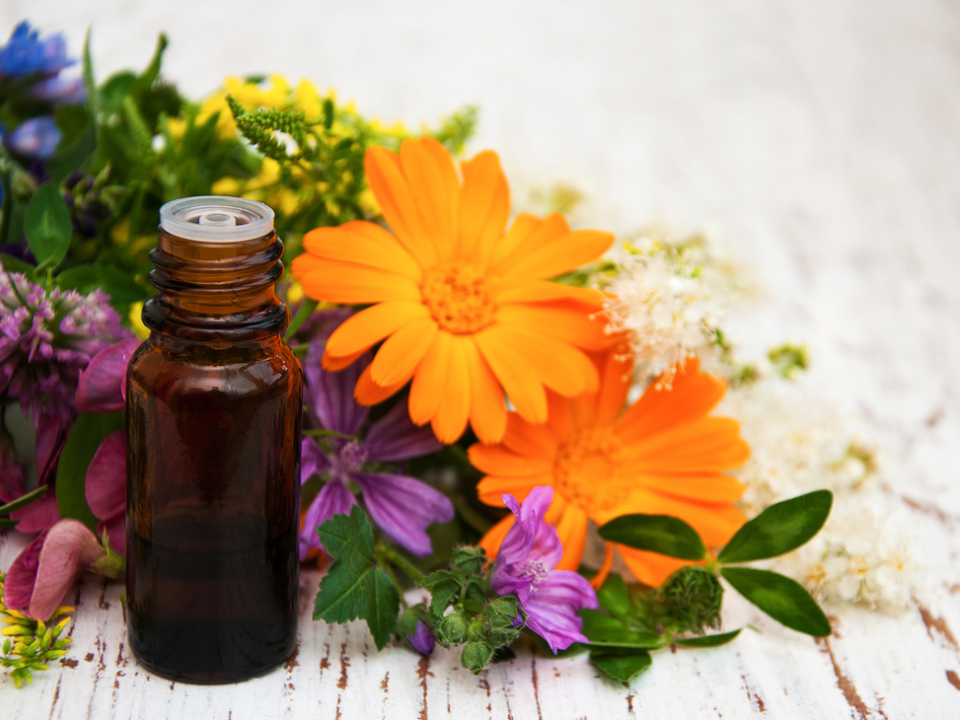
Marigolds and mint are two plants known for their pest-repelling qualities. To make a spray, mix 1 cup of marigold flowers and 1 cup of fresh mint leaves in 1 quart of water. Blend the mixture thoroughly, strain it, and transfer it to a spray bottle. This spray can help repel aphids, mosquitoes, and even rabbits.
The strong scents of marigolds and mint confuse pests and make your garden less inviting. Use this spray to protect your vegetables and flowers from harmful insects. Apply it once a week or after rain to maintain effectiveness.
Diatomaceous Earth Solution
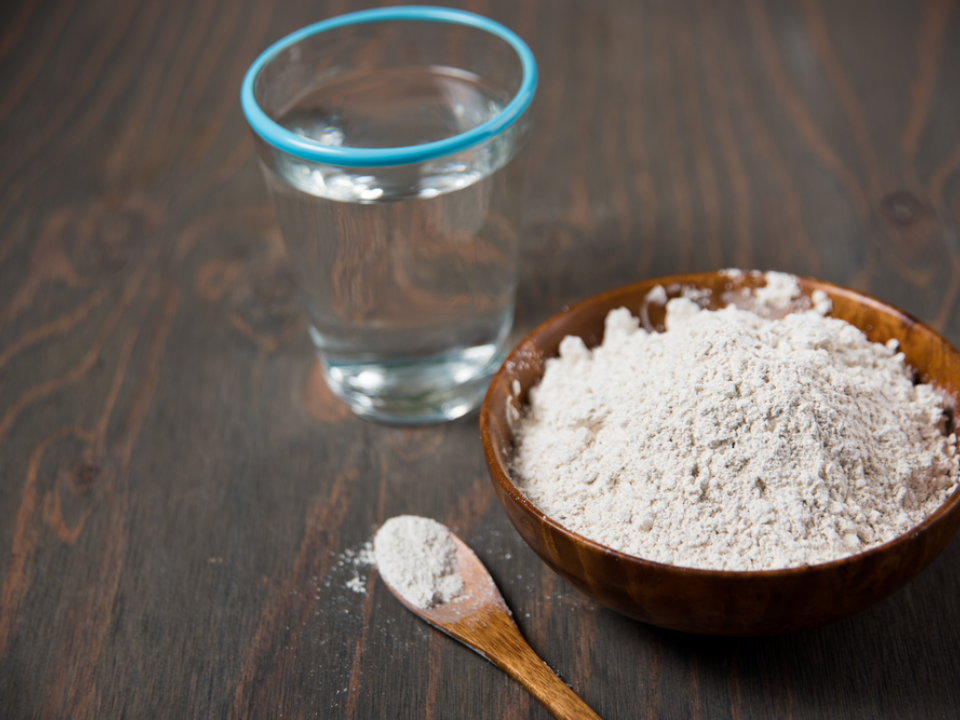
Diatomaceous earth is a fine powder made from the fossilized remains of tiny aquatic organisms. To make a diatomaceous earth solution, mix 1 tablespoon of the powder with 1 quart of water. Stir well and spray the solution directly onto plants to target soft-bodied pests like slugs and aphids. This solution dehydrates insects by absorbing the moisture from their bodies.
Diatomaceous earth is an excellent option for organic gardeners because it is non-toxic to humans and pets. It is best used in dry conditions, as moisture reduces its effectiveness. Apply it in the early morning or late evening for the best results.
Cinnamon and Clove Spray
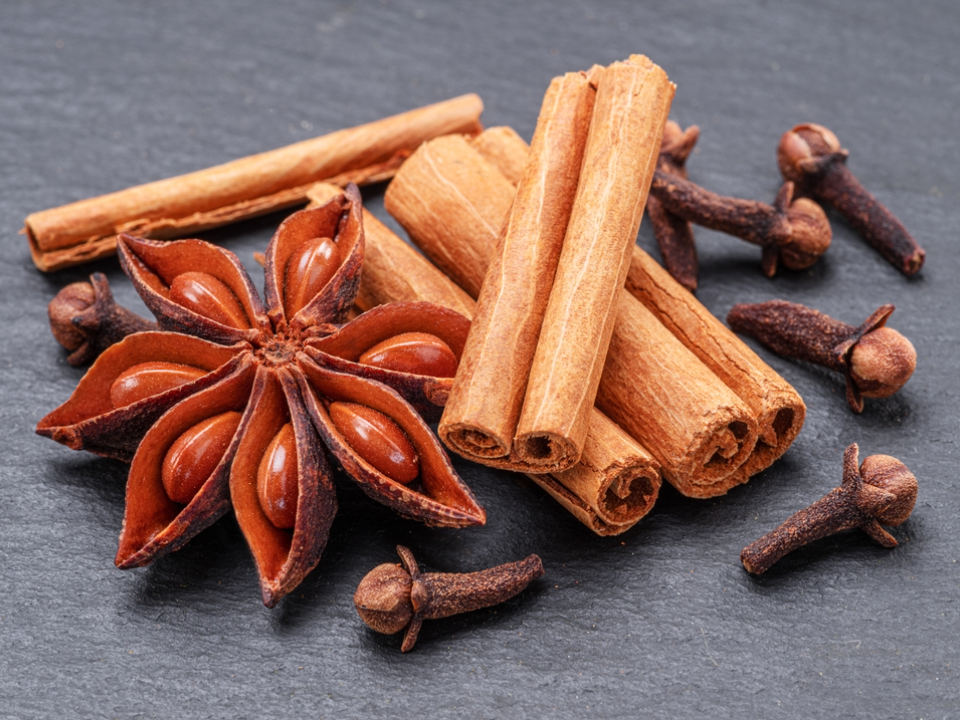
Cinnamon and clove are natural insect repellents that can help keep your garden free from pests. To make this spray, mix 1 tablespoon of ground cinnamon, 1 tablespoon of ground cloves, and 1 gallon of water. Stir the mixture well and spray it on your plants, focusing on areas where pests are most active.
Cinnamon and clove work by disrupting the feeding habits of insects and deterring them from settling in your garden. This solution can be used on a variety of plants, including roses, tomatoes, and herbs. Reapply as needed to keep pests at bay.
This article originally appeared on Avocadu.
